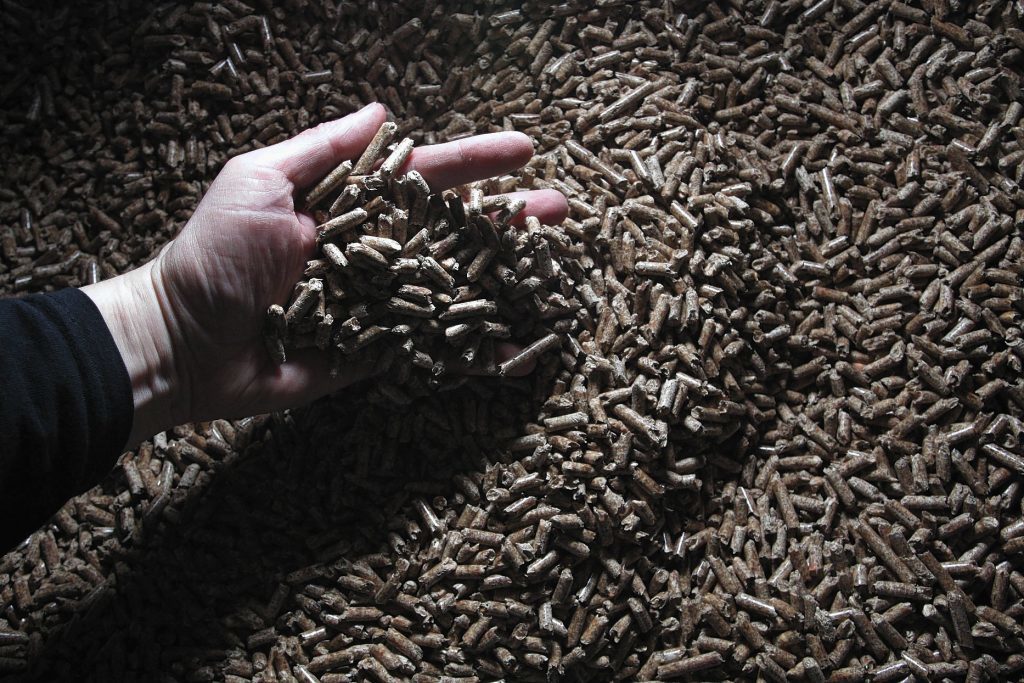
Subsidies for renewable technologies to heat homes, such as heat pumps and biomass boilers, are being increased, the Government announced.
And plans to drop solar thermal panels – which use the sun to heat water – from the heating subsidies scheme have been abandoned, with payments for the technology maintained at current levels.
The moves come as part of reforms to the “renewable heat incentive” which aims to encourage the take-up of clean technologies for heating and hot water in homes and other buildings.
Heating accounts for 45% of UK energy consumption and more than 30% of carbon emissions, energy minister Baroness Neville-Rolfe said.
But the Government has faced criticism from its own climate advisers as progress on cutting carbon from heating – most of which is provided by gas in the UK – has stalled.
Ministers have announced that subsidies for air source and ground source heat pumps, which run on electricity and work like reverse fridges to heat homes, will be increased.
There will also be a slight increase in payments for boilers that burn biomass such as wood pellets to heat homes, returning support to a previous level, which was a response to a consultation on reforming the incentive scheme.
And solar thermal will stay in the scheme and continue to receive the same level of payments.
Baroness Neville-Rolfe said the improvements to the renewable heat incentive would “do more to encourage households and businesses to install electric heat pumps and indeed biomass boilers, instead of conventional fossil fuel systems”.
“The reforms will also make sure we are improving the value for money of spend through the scheme and that consumers are protected,” she said in a speech at an event on making heating greener at think tank Policy Exchange.
Paul Barwell, Solar Trade Association chief executive, said: “Solar thermal is back, which is great news for consumers who want to bring down their energy bills and do their bit to mitigate climate change.”
Isabella O’Dowd, policy analyst for the STA solar thermal group, added: “The UK lags behind on solar thermal internationally but its potential in this country is huge.
“It is a low hassle choice for households with even limited roof space; once installed solar thermal typically provides around half of your hot water and it can take around 10% off the average energy bill, with very little on-going maintenance.”
With the payments under the incentive scheme, costs can be recovered within 10 years, she said.
